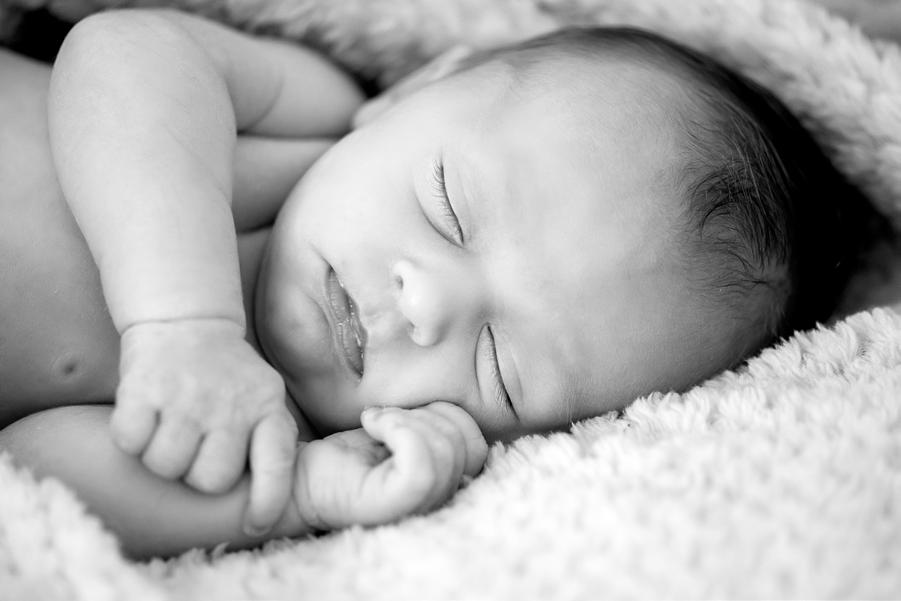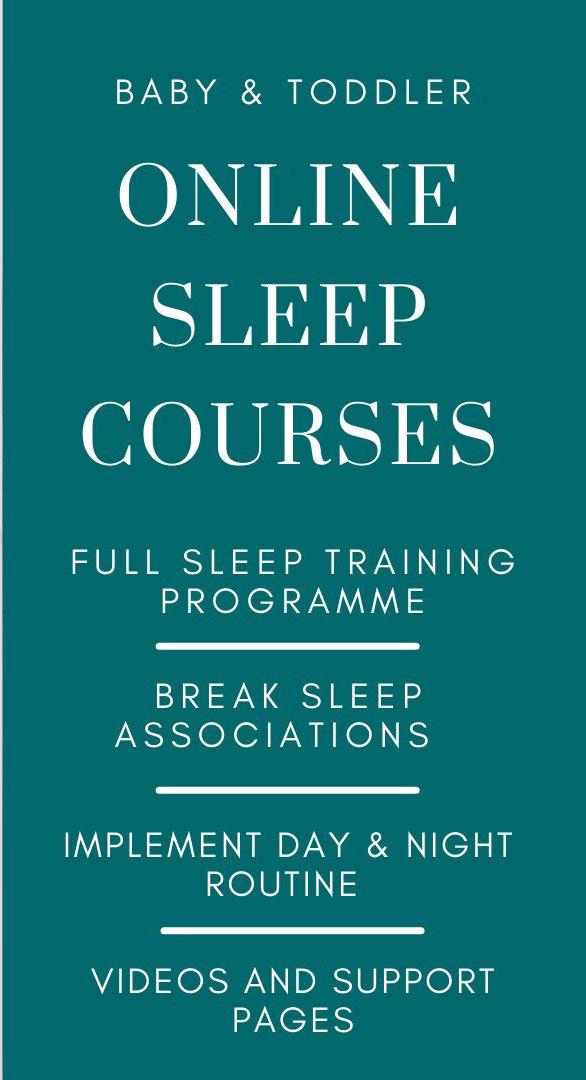
5 minute read
Self Settling & Your Baby by The Daddy Sleep Consultant
by The Daddy Sleep Consultant

Photo by Estelle Thompson Photography
Advertisement
It’s been said that new parents talk about 2 things more than any other subject: poop and sleep. Luckily for me it’s sleep that I’m an expert in!
If you speak to any baby and toddler sleep expert they will tell you time and time again that a baby’s ability to self-settle is the key to sleep success. And I’d love to tell you I have a diff erent answer, but I don’t. But what I want to do is help you understand what self-settling is and give you some tips to reach this so called ‘Holy Grail’.
We would all love to be able to put our baby down in their cot, completely awake and cooing happily, so that you can walk away blowing them a kiss as you leave. For some parents it sounds unimaginable, and also a bit sad as they have got used to their baby ‘needing’ them to get to sleep and it’s an excuse for lots of lovely cuddles. And if you have a baby that can be cuddled, rocked or fed to sleep AND they sleep through the night...don’t tell anyone else as it’s quite rare!
What often happens is your baby is using the rocking, patting or feeding as an aid to get themselves to sleep and when they wake during the night - as all babies and adults do - they are looking for the exact same conditions to be recreated to get them back to the land of nod. Like us adults, babies sleep in cycles, transitioning from deep to light sleep throughout the night. If they wake during one of these lighter sleep phases, they need Mum or Dad to go in and help them get back to sleep. At night this can mean multiple trips into your little one, resulting in broken sleep for the whole family. It also impacts day naps too. If you fi nd your little one waking after 45 minutes, it’s likely they are sleeping though one sleep cycle and when they can’t get themselves back to sleep quickly, the fear of missing out on all the action downstairs takes over.
We know that sleep is a huge component of children’s development and essential for them to thrive. But what we often forget is how important it is for parents’ own mental health, relationships and to have the energy required to be the parents we want to be. Once your baby is over a certain age (for example 6 months if they have no medical conditions and are a good weight), they can sleep through the night or only wake for one feed. Parents are led to believe that lack of sleep over a certain age is just ‘part of parenting’. Sometimes it can be, but most of the time it doesn’t need to be.
So what can we do to help? If your baby is used to falling asleep whilst feeding, breaking this link is step one. One of my favourite tips for this is feeding your baby before AND after their bath. Giving them a good feed before you kick off the bedtime routine not only gives them energy to enjoy their bath and book without being cranky and tired, it also takes the pressure off the pre-bed feed. There is a direct link between a full tummy and a long night’s sleep. Just before your baby goes into their cot at night is the peak of their tiredness and they often cannot resist falling asleep on that feed meaning they may not be able to take as much as they need and it becomes harder to put them into the cot awake. If they are still struggling to stay awake during feeding, make sure the room is brightly lit, and remove the nipple or bottle from their mouth each time they are about to fall sleep. This sends a clear
message that feeding and sleeping don’t go together. Dim the light and read a book to your little one after the feed to reinforce this.
Place them in the cot awake. Some babies will surprise you and will happily babble themselves to sleep. Other children will get upset and the process will need additional support. I fundamentally do not believe in letting a baby ‘cry it out’ - it isn’t sleep training. You are essentially leaving them to figure it out for themselves. I use a much more gentle approach where you are with your little one every step of the way, providing them with the comfort that they need to learn this skill. Once they have learnt to sleep independently I help you with your exit strategy out of their room so you get your evenings and night back too.
Top 5 Tips
1. Put your baby down content, but awake. This gives your little one the opportunity to settle themselves to sleep which is critical to them sleeping longer and better at night.
2. A dark room is critical to a child’s sleep. Helping your little one differentiate between sleep and awake time is one of the first steps to a sleeping child. Sometimes it’s a simple case of putting up blackout blinds to help children sleep longer.
3. Routine is so important for your child in more ways than just sleep. A regular and predictable day and night routine makes your little ones feel safe, secure and can help them thrive. It also allows them to feed off these routine triggers, for example bath comes before bed.
4. Focus on day naps. Don’t think that a baby that hasn’t slept during the day will sleep longer at night. The age old phrase ‘sleep breeds sleep’ is true. Babies who have had the right amount of sleep and stimulation in the day will sleep better at night. Sleep-deprived babies often fight sleep and can be more upset and clingy at bedtime.
5. A full baby is a content baby. One thing I always recommend to my clients is to try and make the last feed of the day the biggest. This can sometimes be challenging as your baby becomes more tired but one approach I love to tell my clients is to feed your baby before AND after their bedtime bath.
I have loads of information on my website and social media. If you are looking for one on one support I offer no obligation free initial consultations to discuss my personalised packages. I also have online, age-specific courses which provide you with a detailed, step-by-step sleep training programme to help you achieve your little one’s sleep goals, even if that’s finally getting your tot sleeping through the night.





